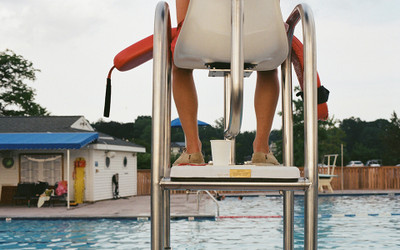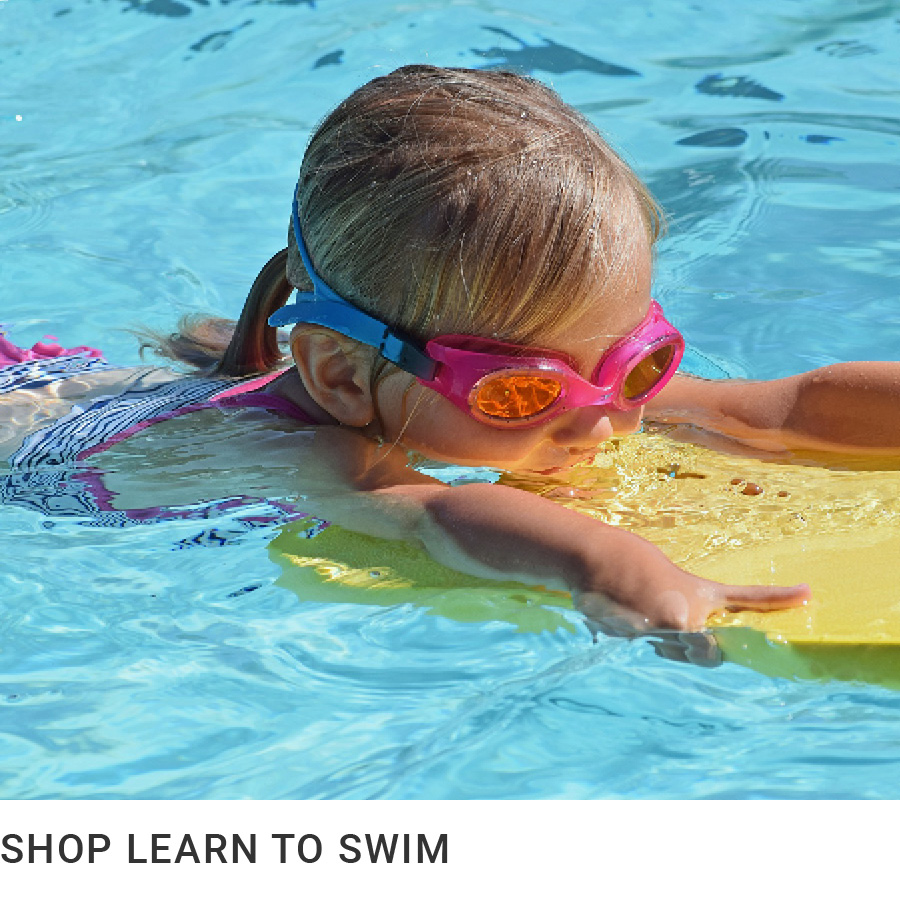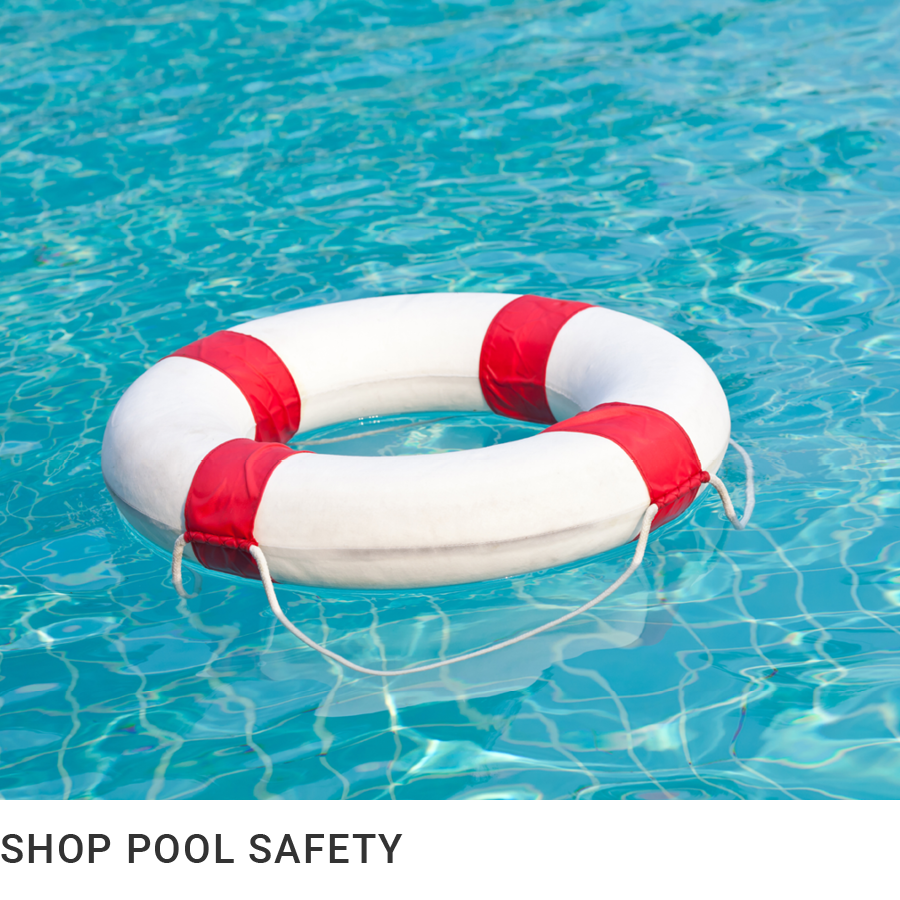High and Dry: Past Shortages Could Place Certified Lifeguards in Demand this Swim Season
22nd Jan 2024
For the past three summers, a shortage of lifeguards caused pool closures across the United States. Thousands of public swimming pools reduced their hours – or never opened at all.
You can partly blame the pandemic, when most public pools were closed for a year or more, for the lifeguard shortage. Many lifeguards found other positions and never returned to the pool. Meanwhile, a halt to training left few new lifeguards to take their place.
In 2023, many municipalities and organizations took steps to combat lifeguard shortages. They raised wages, offered sign-on bonuses and in some cases provided free lifeguard training for interested candidates.
While there’s no guarantee similar incentives will be in place this year, chances are that lifeguard jobs will continue to be in demand. That’s good news for young people looking for work this summer.
Why Should You Become a Lifeguard?
A lifeguard is responsible for the safety of swimmers.
Public pools that are supervised by a lifeguard provide a safe place for people to beat the heat, socialize and experience the fun of water play. For those who don’t have access to a private swimming pool, a municipal pool may be their only experience in the water.
Pools lacking lifeguards either close or post signs warning people that they “swim at their own risk.”
Without public pools, people – especially young people – sometimes risk their safety in more dangerous and unmonitored bodies of water. According to the Centers for Disease Control and Prevention (CDC) more than half of fatal and non-fatal drownings among people 15 years and older occur in natural waters like lakes, rivers or oceans.
Being a lifeguard is a way for people who love to swim to promote swimming for both recreation and sport in a secure, supervised environment.
How to Become a Lifeguard
To become a lifeguard, you should be a good swimmer and aspire to work with the public and promote water safety.
You typically also must be certified by a municipality or certifying organization. That means advanced planning, because it can take several weeks to complete a lifeguard certification course.
Red Cross lifeguard certification, for instance, includes around 25 hours of coursework, either in-person or online. Lifeguard training covers everything from pool safety and customer service to lifesaving techniques, AED use and CPR. Before you can be certified, you will need to pass both a written exam and an in-water proficiency test.
Guard for Life, the website for American Pool Lifeguards, outlines three main parts of the lifeguard swimming proficiency test:
- Swim 300 yards without stopping
- Tread water for two minutes, legs only
- Complete a timed event, often called “the brick test”
You should check with the swim center, country club, parks department or other organization where you want to work for specific requirements. Some places only accept candidates who have gone through their own training program.
Perfect Time to Train
Because lifeguard certification is a lengthy process, winter is the right time to begin training. Training now gives you time to complete a lifeguard training course before starting your new job search in the spring.
Lifeguarding can be a rewarding experience, especially for those who enjoy water sports and recreation.
Not only does lifeguard certification open the door to a sweet summer job, it could be an avenue to a career as a swim instructor or pool manager.
Search “lifeguard certification near me” to find out more.
Pool Central can’t help you pass your lifeguard test, but we do offer lots of fun pool floats, learn to swim equipment, pool maintenance equipment, and safety equipment for your summer swimming adventures.
You may also like:
Open Water Swimming: How to Swim Safely in the Lake, River or Ocean
What Lifeguards Want You to Know Before You Hit the Beach or Pool



